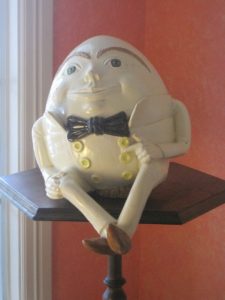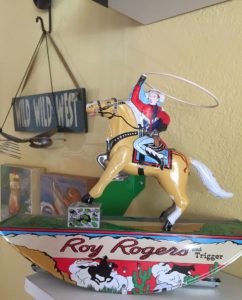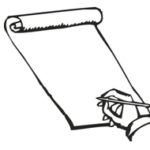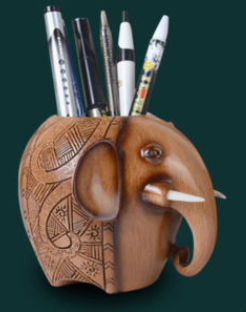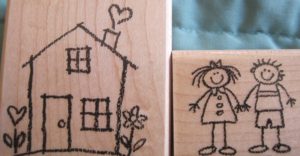 Whether you are writing memoir or fiction, it’s all composed of people and things that happened. It’s smaller stories within larger stories.
Whether you are writing memoir or fiction, it’s all composed of people and things that happened. It’s smaller stories within larger stories.
Today’s prompt is in two parts.
Part 1:
Make a list of people and factors that shaped you, during your childhood, teen years, young adult years. What has happened in your life that makes you who you are? We’ll be using these lists later.
During your childhood/early years:
Who helped shaped you? Who was influential in your life? Who was important in your young life? Family, family friends, teachers, your friends.
Where did you grow up?
Did you walk to/from school?
What did you do after school?
Who was home when you got there?
What were weekends like? Be brief. You can expand later.
Anything else you want to add – important people and events in your childhood.
During your teen years.
Who was important during your teen years? Family, family friends, teachers, your friends.
Where did you live?
Did you walk to/from school?
What did you do after school?
Who was home when you got there?
What were weekends like? Be brief. You can expand later.
Anything else you want to add – important people and events during your teen years.
During your young adult years:
Who was important in your life during your young adult years?
Where did you live?
Did you work, go to school, volunteer?
Did you have hobbies?
What did you do for entertainment?
Anything else you want to add – important people and events in your young adult life.
Part 2: Write.
Choose something from one of your lists and expand upon it. Write as much as you have to say about it. Use sensory detail: What you saw, heard, felt, tasted, smelled. Write with vivid details so this scene can be seen.
Note: You can expand these lists and use them any time to inspire your writing.

